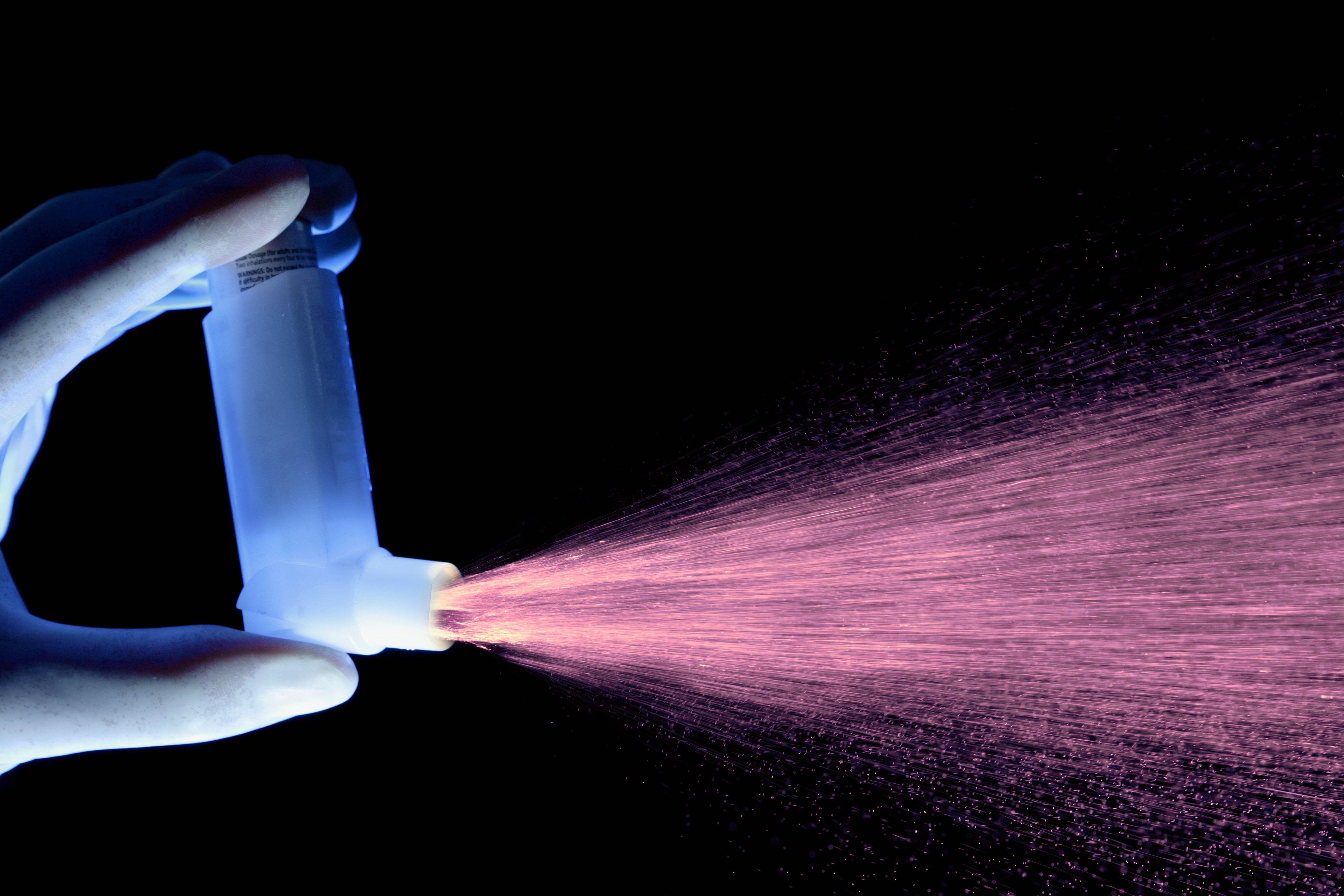Child asthma hospital admissions fell following car smoking ban, study finds
It has been illegal to smoke in a vehicle carrying anyone under 18 in Scotland since 2016

Your support helps us to tell the story
From reproductive rights to climate change to Big Tech, The Independent is on the ground when the story is developing. Whether it's investigating the financials of Elon Musk's pro-Trump PAC or producing our latest documentary, 'The A Word', which shines a light on the American women fighting for reproductive rights, we know how important it is to parse out the facts from the messaging.
At such a critical moment in US history, we need reporters on the ground. Your donation allows us to keep sending journalists to speak to both sides of the story.
The Independent is trusted by Americans across the entire political spectrum. And unlike many other quality news outlets, we choose not to lock Americans out of our reporting and analysis with paywalls. We believe quality journalism should be available to everyone, paid for by those who can afford it.
Your support makes all the difference.Hospital admissions for asthma in children aged under five fell in Scotland in the two years following legislation that banned smoking in vehicles when youngsters are present, according to a new study.
A law came into force in Scotland in December 2016 which made it illegal to smoke in a vehicle carrying anyone under 18.
Research led by the University of Glasgow, in collaboration with the universities of Aberdeen and Stirling, looked at data on all asthma emergency admissions to hospital in Scotland between 2000 and 2018 for children younger than 16.
The researchers found that after the smoke-free vehicle legislation was passed, asthma hospital admissions fell by 1.49 per cent per month among pre-school children, though not in older children.
The study also shows that hospital admissions fell significantly among children living in the most affluent areas (by 2.27 per cent per month) but not in those living in the most deprived areas.
There was no change in admissions to hospital for other respiratory conditions or gastroenteritis following the legislation.
Professor Jill Pell, lead author from the University of Glasgow, said: “Our study demonstrates the significant benefit to children that smoke-free vehicle legislation has had.
“We found that the reduction in asthma hospitalisations was specific to pre-school children, which is plausible given that exposure to parental smoke is more likely among pre-school children, who spend more time with their parents.
“Our findings also suggested a possible widening of health inequalities whereby the relative reduction in childhood asthma hospitalisations was greater among those living in the most affluent areas.
“This could be due to different starting points or differences in car ownership or compliance with the legislation; but merits further research.”
Exposure of pre-school children to second-hand smoke is thought to be mainly due to parental smoking in their homes or family vehicles.
Globally, exposure to second-hand smoke is said to be responsible for an estimated 169,000 deaths in childhood each year.
Over the 19-year study period (from January 1 2000 to December 31 2018), there were 32,342 emergency admissions to hospital for asthma among children aged under 16.
Of these, 13,954 (43 per cent) were among children under five and 18,388 (57 per cent) were among youngsters aged five to 15.
Among the children admitted to hospital, 10,179, almost a third (31 per cent) lived in areas in the most deprived quintile while 4,046 (13 per cent) lived in the most affluent quintile.
Researchers also took into account the fact that in Scotland, childhood asthma hospital admissions had already fallen as a result of legislation in 2006 banning smoking in public places.
Estimates of the percentage of cases of childhood asthma attributable to second-hand smoke exposure range from 1.3 per cent to 8.2 per cent.
Second hand smoke exposure also increases the risk of exacerbating asthma symptoms among young children who already have the condition.
The study, Impact of smoke-free vehicle legislation on childhood hospitalisations for asthma: an interrupted time-series analysis of Scottish data over 19 years, is published in The Lancet Public Health.
PA
Join our commenting forum
Join thought-provoking conversations, follow other Independent readers and see their replies
Comments